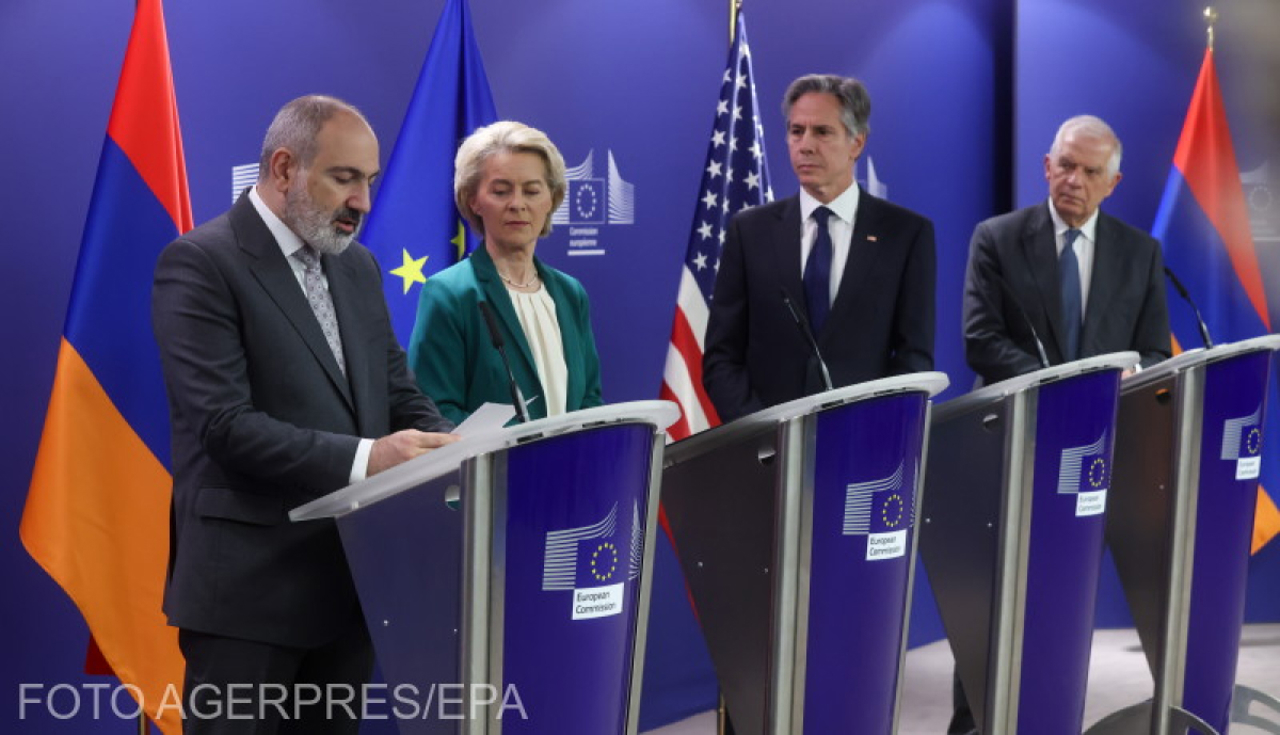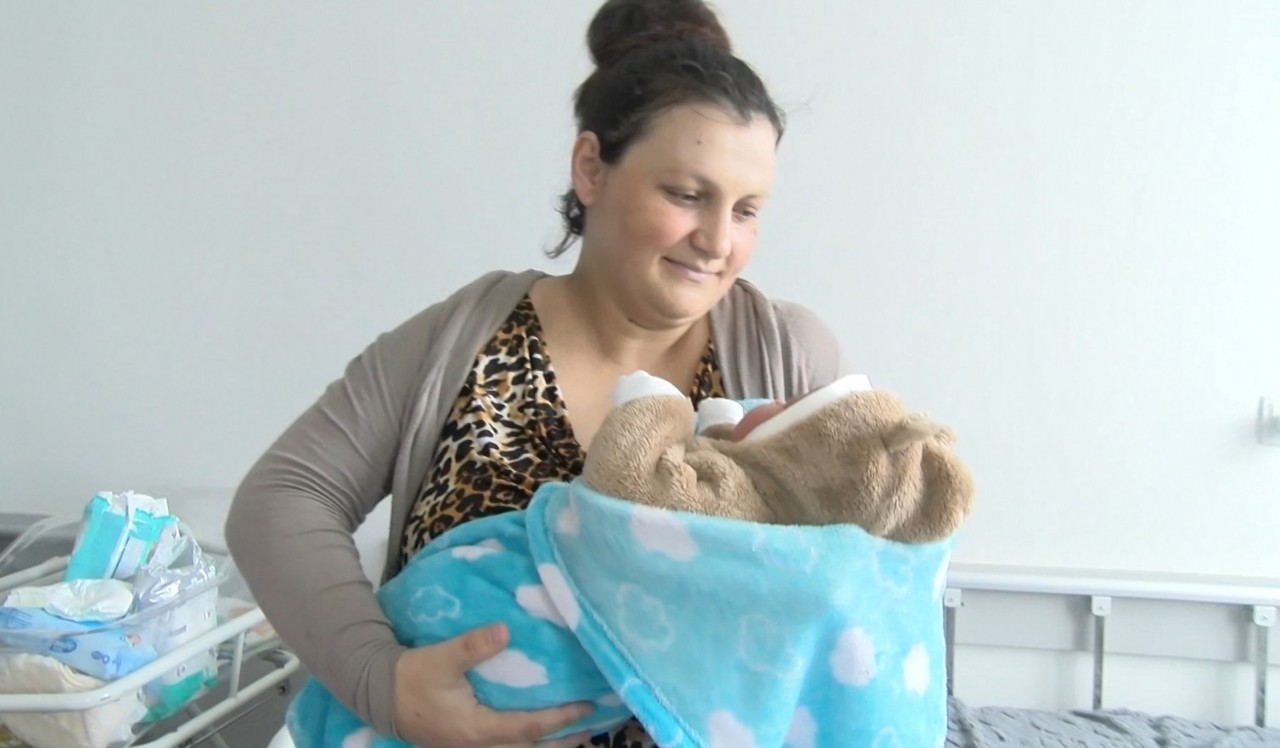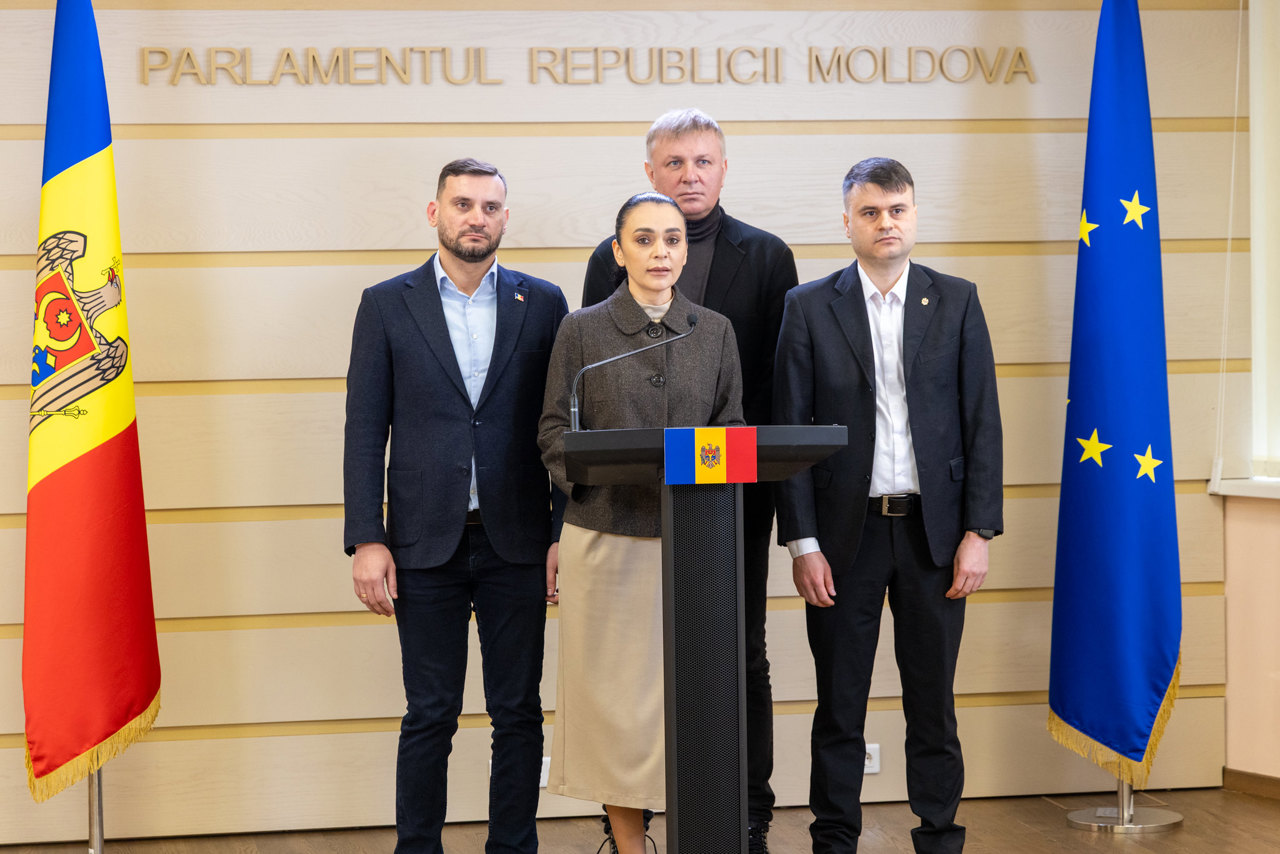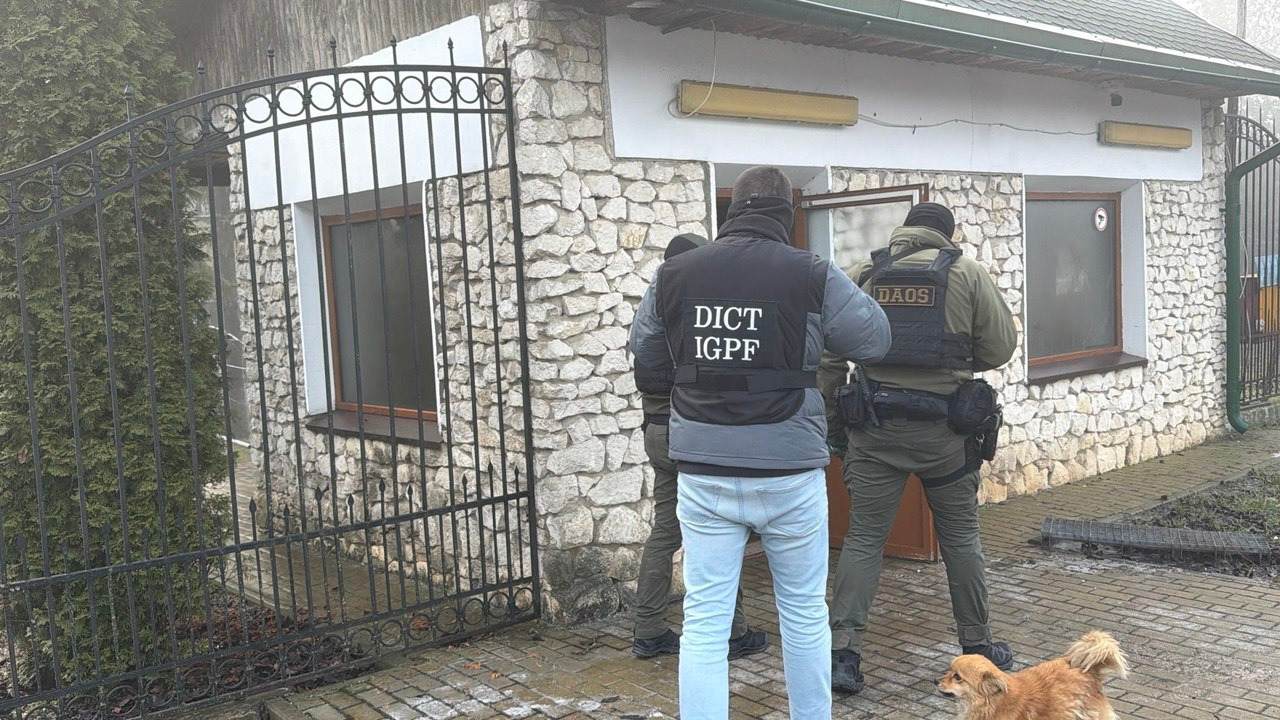Armenia Strengthens Ties with West, Secures €270M EU Aid
The European Union has pledged a €270 million aid package to Armenia, a country that was once a traditional ally of Russia but is now being courted by both Europeans and Americans.

Ursula von der Leyen, President of the European Commission, announced this assistance, which aims to bolster businesses, modernise markets, and foster diversification. Additionally, von der Leyen committed to further investments in infrastructure projects such as the Black Sea Electric Cable, renewable energy initiatives in Armenia, and enhancing relations with Georgia.
This financial assistance, promised back in October, is structured as a four-year loan program. Von der Leyen made this announcement during a press briefing attended by Armenian Prime Minister Nikol Pashinyan, US Secretary of State Antony Blinken, and EU Foreign Policy Chief Josep Borrell.
Secretary Blinken echoed the sentiments, emphasising the desire for Armenia to emerge as a robust, independent nation at peace with its neighbours and integrated into the global community. Blinken also disclosed that the United States would be providing $65 million in aid to Armenia.
The geopolitical landscape in the region is undergoing significant shifts, with Armenia reevaluating its foreign policy. Amid worsening relations with Russia, Armenia is considering seeking membership in the European Union, as hinted by its Foreign Minister earlier this year.
The recent meeting in Brussels signals Armenia's intent to strengthen ties with the US and EU, marking a departure from its long-standing alliance with Russia. This shift comes in the wake of tensions between Armenia and Russia, exacerbated by Azerbaijan's military advances in the Nagorno-Karabakh region last September.
Armenian Prime Minister Pashinyan has openly criticised Russian peacekeeping efforts in the region and accused the Kremlin of undermining his government. Additionally, Armenia's alignment with the International Criminal Court's decision to issue an arrest warrant for the Russian president has further strained relations with Moscow.
Furthermore, Azerbaijan's successful offensive in reclaiming control over Nagorno-Karabakh has led to significant demographic shifts, with over a third of the region's population fleeing to Armenia. This displacement has prompted international condemnation, with the European Parliament calling for sanctions against Azerbaijan and urging the EU to reassess its relations with Baku.
Armenia's evolving geopolitical stance, coupled with regional dynamics, underscores the complexities at play in the South Caucasus. As Armenia navigates these challenges, its partnerships with the EU and US are poised to play a pivotal role in shaping its future trajectory.
Translation by Iurie Tataru






